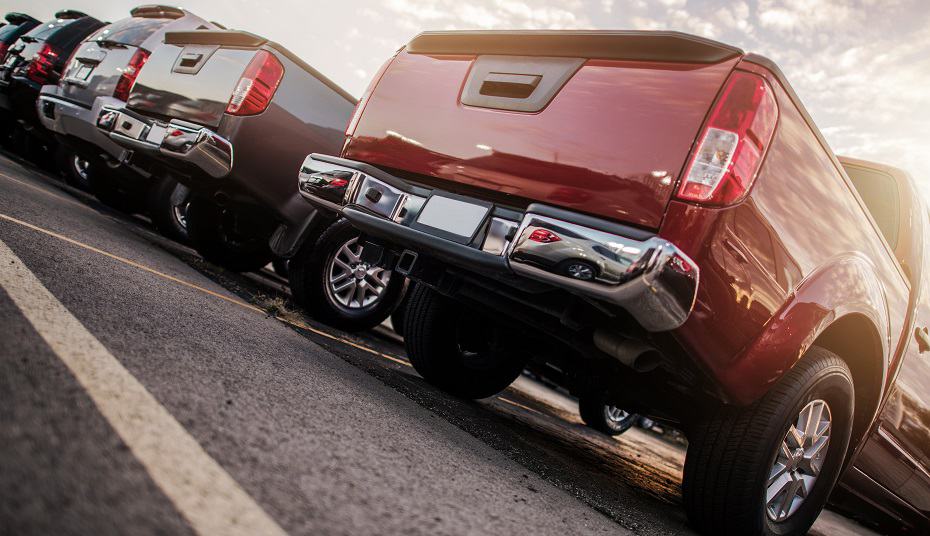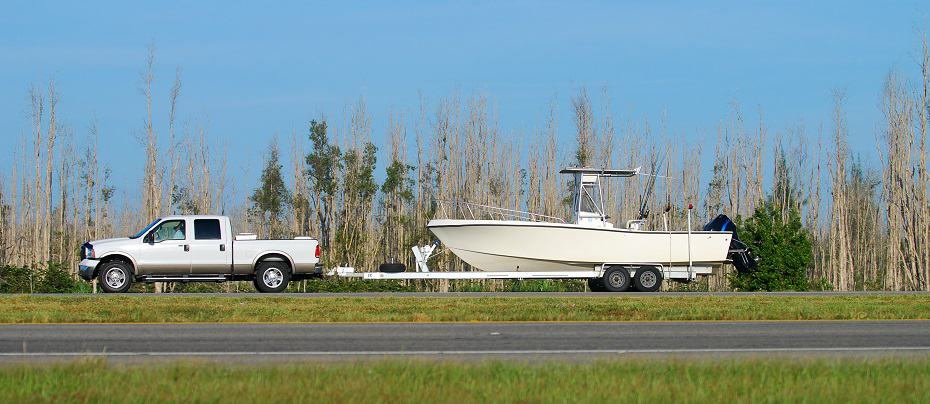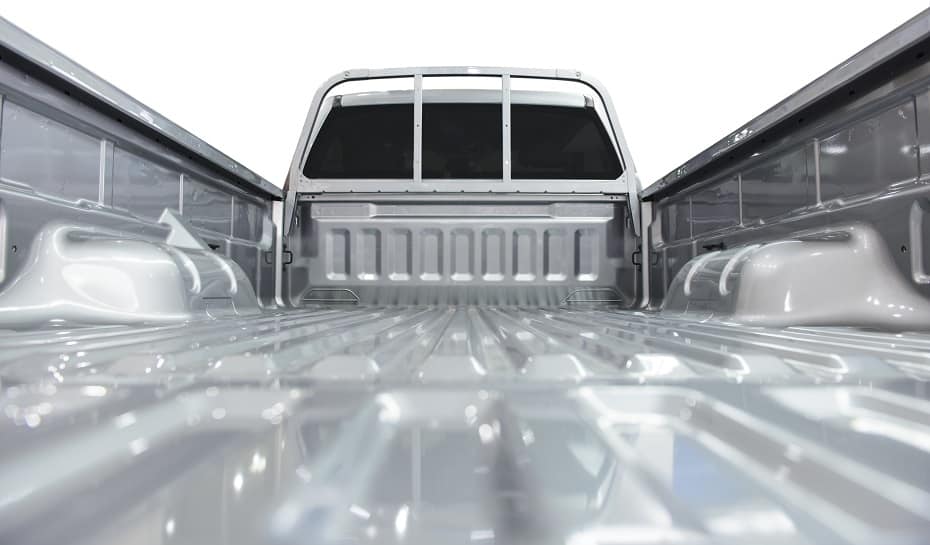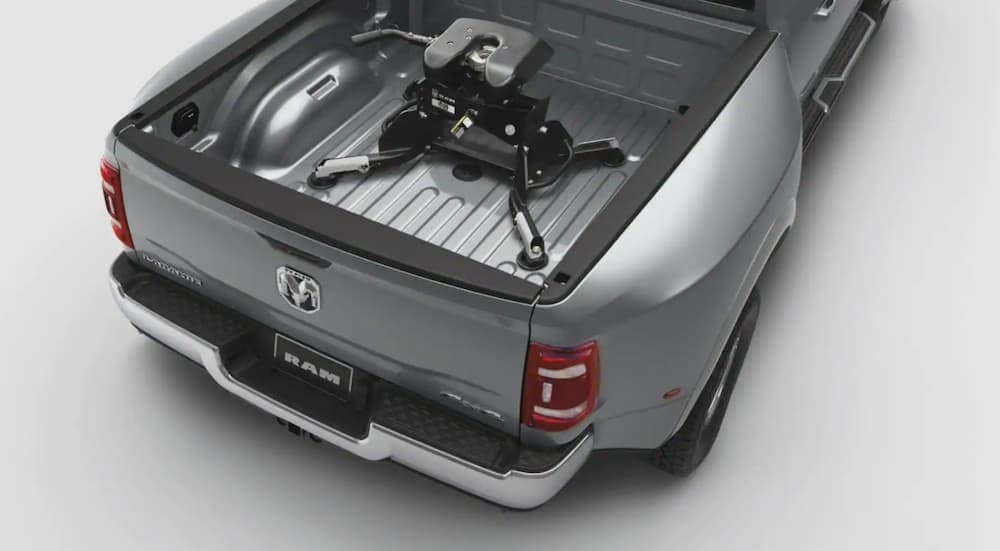






Choosing the Right Truck Bed Length: Short vs. Long
When it comes to truck shopping, one of the biggest decisions is picking the right bed length. Midsize and heavy-duty models come in both short and long configurations, while half-tons throw in a standard size too. So, what’s the scoop on these different options?
Understanding Bed Lengths
So, what’s the deal with short-bed and long-bed trucks? Generally, long beds clock in at around 6.0 feet for midsize pickups and a whopping 8.0 feet for half-ton and HD trucks. Short beds are a bit more varied, measuring about 5.0 feet in smaller models, 5.8 feet in half-tons, and 6.5 feet in heavy-duty rigs.
Keep in mind that these measurements can vary slightly between manufacturers, but it’s usually just a matter of an inch or two.
Bed length isn’t just about how much gear can be tossed in the back; it also plays a role in ride quality, fuel efficiency, and more. This guide dives into the pros and cons of each option to help find the perfect fit.
Short Bed vs. Long Bed: The Breakdown
Short Bed Pickups: Maneuverability King

Midsize pickups with long beds can stretch about 19 feet—just a hair longer than a big sedan. They’re pretty nimble in tight spots, regardless of the bed length. But half-ton trucks can hit nearly 21 feet, and HD models can push past 22 feet. These beasts are wider too, making them a handful to maneuver in town, often needing to park at the back of the lot or outside the garage.
For daily errands, short beds are the way to go. They’re just easier to handle.
Long Bed Trucks: Towing Stability

When it comes to towing, long beds shine. Midsize pickups don’t see much difference between short and long beds, but half-ton and HD trucks can tow over 10,000 pounds. That’s serious weight, especially on the highway where trailer sway can become a real issue.
While the bed length doesn’t change how much weight a truck can pull, a long bed’s extended wheelbase gives a steadier ride when hauling heavy loads, especially on windy days or bumpy roads.
Short Beds: Less Cargo Space

What about cargo capacity? Short-bed midsize pickups offer around 41.2 cubic inches of space, while half-tons and HDs provide about 52.8 and 65.4 cubic inches, respectively. Long beds, on the other hand, give midsize models about 50 cubic inches, half-tons up to 77.7, and HDs the biggest at 78.5 cubic inches.
Watch out for that 5.8-foot box in half-tons—it limits what can be hauled without a trailer, like ATVs or full sheets of plywood. If the bed’s getting regular use, a standard or extended bed half-ton is the way to roll.
Fuel Economy: Short Beds Win

Fuel economy takes a hit with longer beds. Midsize pickups usually have lightweight fiberglass beds, but half-ton and HD trucks can weigh an extra 200 to 300 pounds with a long bed. That means the engine has to work harder, which can hurt gas mileage.
Sure, other factors like aerodynamics and engine type matter too, but if saving at the pump is the goal, short beds are the way to go.
Cost Differences: Short Beds Are Cheaper

When it comes to price, short beds usually cost less. Upgrading to an extended bed on HD models might only set back a few hundred bucks, but half-tons can see a jump of up to $1,500 for a long bed, and compact trucks might even hit over $2,000.
For used trucks, sites like Kelley Blue Book and NADA Guides often don’t list values for extended beds. So, it’s possible to snag a second-hand truck with a longer bed for the same price as a shorter one.
Fifth Wheel Towing: Long Beds Rule

Long beds also take the cake for fifth-wheel towing. Typically, only heavy-duty trucks can handle this type of hitch, which connects directly to the truck bed and can weigh 12,000 to 15,000 pounds or more. Long beds allow for a standard hitch, while short beds require a pricier slider hitch that can jam up.
The longer bed adds stability when towing, thanks to the weight distribution in front of the rear axle.

![Long Bed vs. Short Bed: Which One Is Right for You? [Guide]](https://autocheep.com/wp-content/uploads/2025/07/Long-Bed-vs-Short-Bed-Which-Is-Best-1024x576.jpg)

